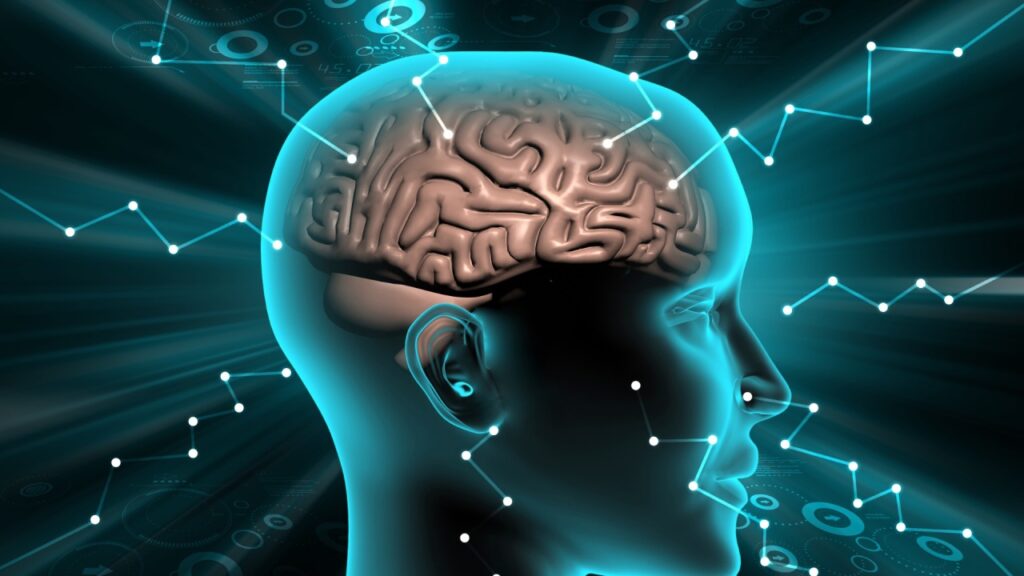The debate over emotional quotient (EQ) versus intelligence quotient (IQ) in the pursuit of personal and professional success has piqued the interest of scholars, leaders, and educators. While IQ assesses cognitive intelligence, emotional intelligence (EQ) assesses our ability to recognise, understand, and manage our own and others’ emotions. Both skills are important in different aspects of life, but understanding their value, developing them, and capitalising on their benefits can lead to a more fulfilling life. In this article, I will delve at the significance of EQ and IQ, how to develop these skills, and the benefits and drawbacks of understanding and applying them in real life.
“Defining the Concepts of EQ and IQ”: The cognitive abilities of an individual, such as problem solving, logical reasoning, and abstract thinking, are referred to as intellectual intelligence (IQ). IQ is frequently measured using standardised tests and is regarded as an important predictor of academic and professional success. Emotional intelligence (EQ) is the ability to recognise, understand, and manage one’s own emotions as well as the emotions of others. It includes self-awareness, empathy, and social skills, and it is essential for forming strong relationships, communicating effectively, and resolving conflicts.
The Value of EQ vs. IQ: While a high IQ can help people excel academically and professionally, research has shown that EQ is also important in overall success. In fact, some studies suggest that when it comes to leadership and social interaction, EQ may be even more important than IQ. “A man is but the product of his thoughts; what he thinks, he becomes,” Mahatma Gandhi once said. This quote emphasises the importance of understanding one’s emotions and thoughts, which is the foundation of EQ.
Obtaining both EQ and IQ: A well-rounded personality requires the development of both emotional and intellectual intelligence. Here are some ideas for honing these abilities:
For intelligence:
- Practice critical thinking and brain teasers.
- Read widely and broaden your knowledge base.
- Continue your education and skill development.
In the case of EQ:
- Practise mindfulness and self-reflection.
- Develop empathy by actively listening to and comprehending the perspectives of others.
- Being assertive and open-minded will help you improve your communication skills.
The Benefits of Developing EQ and IQ: Individuals with both a high EQ and a high IQ benefit from a variety of advantages, including:
Improved problem-solving skills: They can deal with complex situations by combining cognitive and emotional understanding.
Effective communication: They can express themselves clearly and understand the emotions and intentions of others, resulting in better relationships.
Leadership qualities: Leaders such as Dr. APJ Abdul Kalam emphasise the importance of both EQ and IQ, stating, “You have to dream before your dreams can come true.” This quote emphasises the importance of vision (IQ) as well as the ability to inspire and motivate others (EQ).
The disadvantages of a lack of EQ and IQ: Personal and professional development can be hampered by a lack of EQ and IQ, which can result in:
Poor decision-making: Individuals may struggle to evaluate situations logically and consider the emotional consequences of their choices.
Strained relationships: Inability to understand and manage emotions can lead to conflicts and misunderstandings.
Limited career advancement: People with low EQ and IQ may struggle to adapt to new challenges, limiting their chances of success.
In the words of the Indian philosopher and poet Rabindranath Tagore, “Clouds come floating into my life, not to carry rain or usher in storms, but to add colour to my sunset sky.” This quote symbolizes the importance of embracing both the emotional and intellectual aspects of life. It is critical to cultivate a balance between EQ and IQ in order to reach one’s full potential. Developing these skills will not only lead to personal and professional success, but will also help to make our society more empathetic and understanding.
Individuals can improve their adaptability, creativity, and resilience by cultivating both EQ and IQ. A solid foundation in emotional and intellectual intelligence is essential for navigating modern life’s complexities, fostering innovation, and driving positive change.
Swami Vivekananda, has long emphasised the importance of cultivating both the mind and the heart. “We want that education by which character is formed, the strength of the mind is increased, the intellect is expanded, and by which one can stand on one’s own feet,” Vivekananda once said. This quote emphasises the importance of a holistic approach to personal development that includes both emotional and intellectual growth.
In conclusion, the journey towards self-improvement and success is incomplete without the harmonious development of EQ and IQ. By investing in these skills, individuals can unlock their true potential and contribute to the betterment of society at large. As the Indian philosopher and yogi Patanjali famously stated, “When you are inspired by some great purpose, some extraordinary project, all your thoughts break their bonds: Your mind transcends limitations, your consciousness expands in every direction, and you find yourself in a new, great and wonderful world.” By embracing the power of emotional and intellectual intelligence, one can indeed embark on an extraordinary journey towards personal and collective growth.

